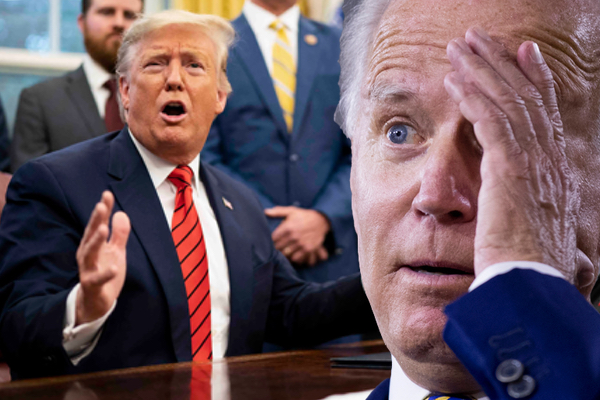As the sun set on a bustling small town, its streets lined with flags fluttering proudly in the breeze, a group of locals gathered at the community center. They came not just to share stories of their day but to discuss something that resonated deeply with their shared values: strong leadership and unwavering commitment to peace through strength. It’s this spirit of unity and resolve that President Trump taps into as he prepares for a potential second term, announcing his nomination of retired Lt. Gen. Keith Kellogg as Assistant to the President and Special Envoy for Ukraine and Russia.
Kellogg, a respected figure in military circles, embodies the principles of decisive action and strategic foresight. His tenure as Chief of Staff to the National Security Council during Trump’s first administration cemented his reputation as a trusted advisor who guided crucial defense decisions. Now, as he steps into this new role, Kellogg is set to bring his expertise to the forefront of one of today’s most challenging international issues.
In a bold statement on Truth Social, Trump reaffirmed his doctrine of “peace through strength,” emphasizing his vision for a safer America and world. “Together, we will secure PEACE THROUGH STRENGTH, and Make America, and the World, SAFE AGAIN!” he declared. Kellogg echoed these sentiments on X, expressing honor in serving under Trump and committing to relentless efforts toward peace while safeguarding American interests.
The timing of Kellogg’s nomination is critical. The conflict in Ukraine has spiraled into Europe’s largest since World War II, with devastating impacts reverberating globally. Kellogg has been vocal about the need for firm American leadership, critiquing the current administration’s tentative stance on arming Ukraine and diplomatic negotiations. In July, he starkly warned that without negotiation, Ukraine faces severe repercussions from prolonged warfare.
Trump’s creation of this special envoy position signals an assertive approach to ending the war. Kellogg’s blend of diplomatic acumen and military strategy could infuse credibility into peace talks, illustrating an administration ready to prioritize resolution over stagnation. Earlier this year, Kellogg co-authored a paper advocating for immediate ceasefire discussions and a negotiated settlement, arguing that robust U.S. involvement might have curtailed the conflict’s escalation.
This nomination also highlights Trump’s tendency to rely on seasoned allies from his initial tenure for pivotal roles. Although Kellogg’s appointment bypasses Senate confirmation, it would likely encounter minimal GOP opposition if required.
By appointing Kellogg, Trump underscores his commitment to tackling global challenges with experienced leadership and strategic clarity. Whether Kellogg can broker a lasting peace remains uncertain; however, his appointment reflects a belief in resolute leadership rooted in Republican values.
As readers contemplate this development, they are left with a crucial question: How can America continue to lead with strength while fostering peace in an increasingly turbulent world?




Leave a Comment